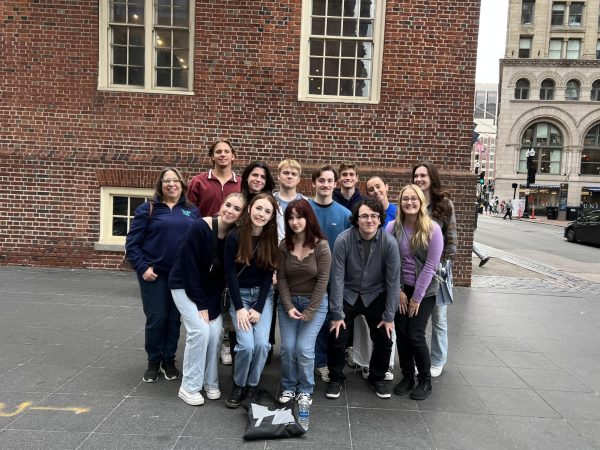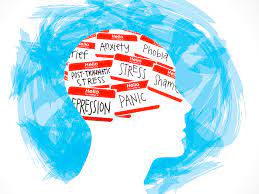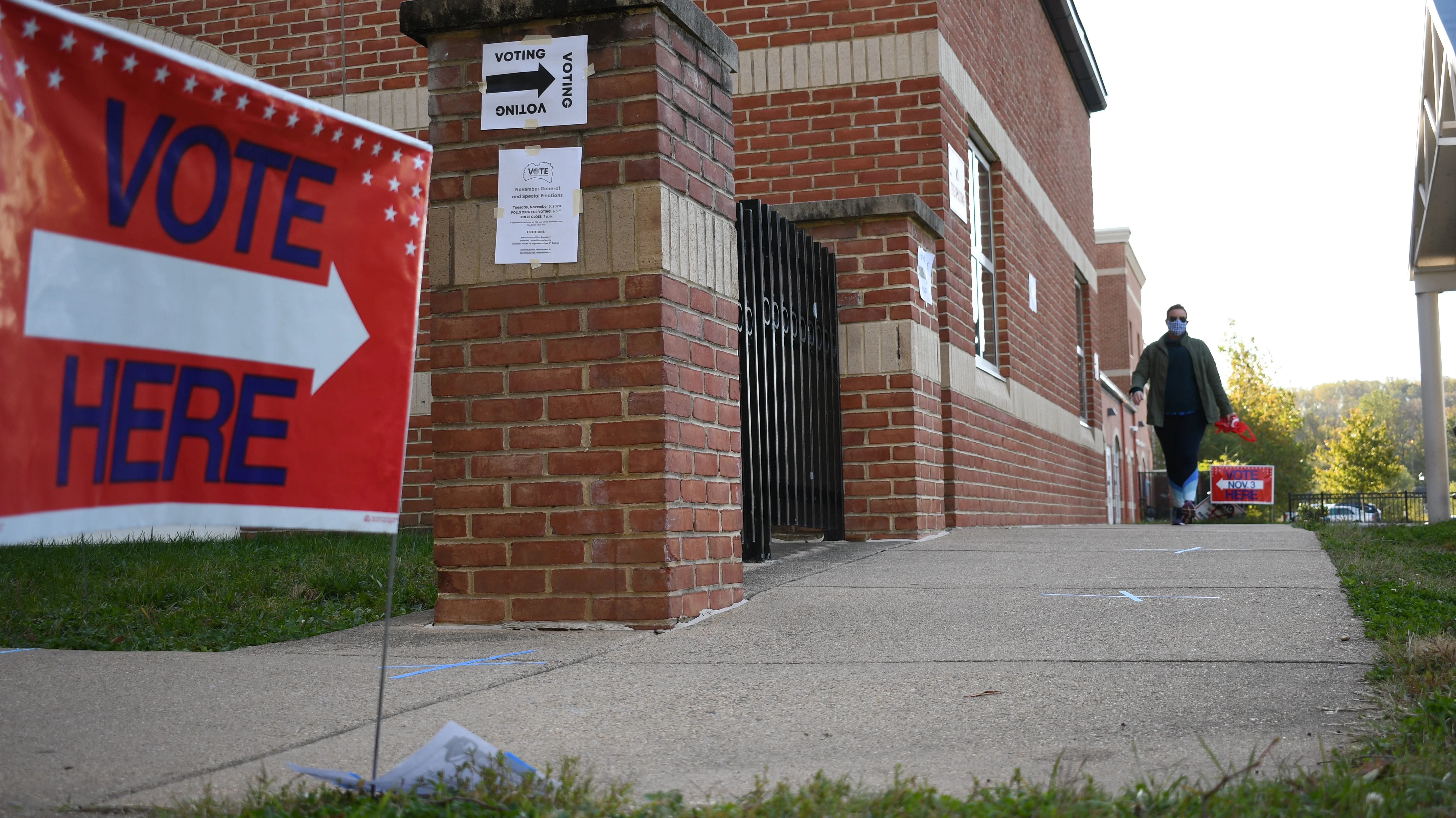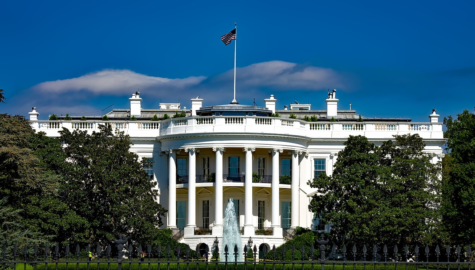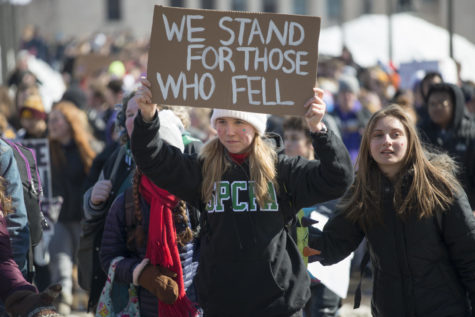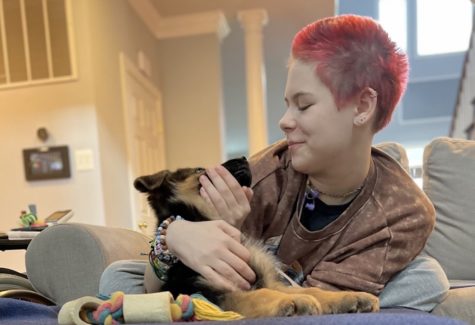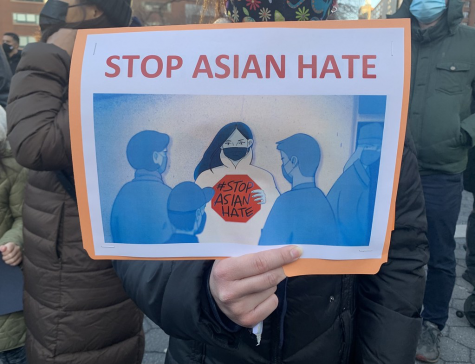The Changing of the New World: Price of the Past, Fragments of the Future
Our generation, those born between 2000 and 2005, have experienced many world-changing events in our lifetime, but world peace is not one of them. We have endured loved ones actively engaged in war, a global pandemic, and a race and equality revolution that’s been simmering since the 1960’s. These past 16 to 20 years have been studded with life-altering events that are usually spread over decades. This isn’t the first generation in history who has faced such monumental upheaval, which begs the question: do we really learn from the past.
Yes, we do learn from our mistakes, but we need to first be able to see these errors in order to learn from them. It seems as if people want to hide our nation’s past by taking down monuments and gliding over history curriculum. How can we truly learn from our world’s history if we hide our skeletons in a closet? When we conceal past atrocities to avoid uncomfortable feelings, we fail to fully teach the youth of today, and those are the people who will be tasked with making the world a better place.
In school, students yearn for more exploration of defining historical moments such as slavery, the Holocaust, the Rwandan genocide, the Cambodian genocide, and the establishment of Japanese internment camps in the United States. However, both teachers and students find themselves hesitant to open a dialogue about events like these due to a multitude of factors.
In school, students yearn for more exploration of defining historical moments such as slavery, the Holocaust, the Rwandan genocide, the Cambodian genocide, and the establishment of Japanese internment camps in the United States. However, both teachers and students find themselves hesitant to open a dialogue about events like these due to a multitude of factors.
History, good or bad, predicts the future. It is important to understand why and how the events that formed our nation’s history occurred in order to best create our future America. It’s normal to feel uncomfortable when discussing the divisive events from the past, but we must all choose to ask questions without being wary of others’ responses. Feed your curiosity and don’t be afraid to educate yourself. In order to change the future, we can’t be afraid to understand our past.
Your donation will support the student journalists of Woodgrove High School. Your contribution will allow us to purchase equipment, attend conferences, and cover our annual printing and website hosting costs.



